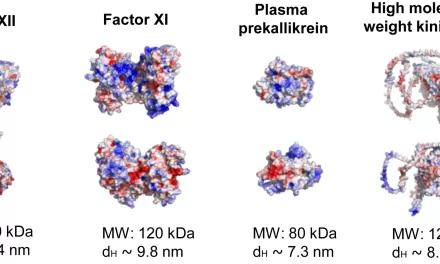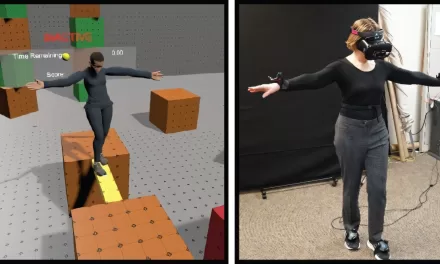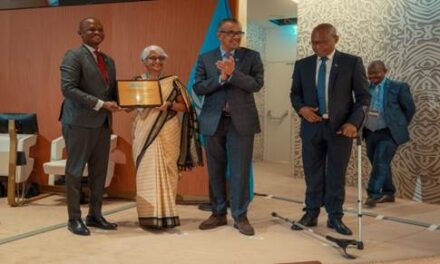Read Time:3 Minute, 34 Second
WHO Media release

MANILA, Philippines l 27 October 2022 – Health leaders from countries and areas of the World Health Organization (WHO) Western Pacific Region today endorsed a framework to prevent and control noncommunicable diseases (NCDs) and agreed on actions to transform primary health-care systems to meet present and future challenges.
Tackling the burden of NCDs
Though largely preventable, NCDs such as diabetes, cardiovascular diseases, cancer and chronic respiratory diseases, accounted for 12 million deaths, or 87% of all deaths in the Western Pacific Region in 2019. Besides their catastrophic health impact, NCDs also hinder economic growth by reducing labour productivity and diverting resources to disease treatment and care.
Unless health-enabling environments are created, healthy behaviours are promoted, health systems are reoriented to promote people’s health and well-being, and early prevention, detection and treatment of NCDs are supported, countries in the Region will experience even greater numbers of people getting sick, impacting sustainable development.
To turn the tide on NCDs, delegates today endorsed the Regional Action Framework for Noncommunicable Disease Prevention and Control in the Western Pacific. The Framework calls on governments to implement evidence-based, cost-effective policies and reorient their health systems to transform the current “sick system” to a “health system” where societies build health-enabling environments and health systems become more people-centred, accompanying individuals throughout their lives. This should help prevent illnesses and ensure that they are better controlled when they do occur. It calls on WHO to support countries in adopting new solutions to the NCD epidemic through a regional “grounds-up” arrangement, in which the WHO Regional Office for the Western Pacific or WHO country offices identify common problems and help Member States to develop solutions based on their local contexts.
Transforming primary health care
Primary health care is a whole-of-society approach to effectively organize and strengthen national health systems to bring services for health and well-being closer to communities. Governments in the Region face challenges in ensuring primary health care is fit for the future, including challenges tied to rapidly ageing populations, a growing burden of noncommunicable diseases, health security risks and an uncertain economic outlook. Primary health care that is fit for the future requires building health systems that not only treat illness, but also continually interact with people to maintain health and well-being. Transforming health systems also means establishing health services that are tailored to the needs of individuals and rebuilding trust in primary health care.
On the fourth day of the annual week-long session of the WHO Regional Committee for the Western Pacific, delegates endorsed the Regional Framework on the Future of Primary Health Care in the Western Pacific. The Regional Framework sets out five strategic actions for governments to consider and adapt to their contexts to achieve comprehensive, continuous and high-quality primary health care:
• Build appropriate models of service delivery tailored to local contexts.
• Enable individuals and communities to contribute to planning, decision-making and policy direction.
• Build a diverse primary health-care workforce and provider base that is closely aligned with the needs of communities.
• Redesign and realign health financing to reduce the financial pressure of health care on the population and make health systems financially sustainable in the future.
• Create a supportive and enabling environment to drive and guide action on primary health-care reform.
The Regional Framework also calls for stronger monitoring. WHO will work with Member States to prepare a regional assessment of the performance primary health care.
Communication for Health
On Tuesday, a panel discussion was held with countries sharing experiences in applying Communication for Health (C4H) to various public health challenges and perspectives on actions required to further strengthen its application.
C4H strategies aim to understand and respond to the drivers of health issues, drawing on data and insights from social, behavioural and communication sciences, connecting with audiences through powerful stories, and measuring and learning from results.
Since the adoption in 2019 of For the Future: Towards the Healthiest and Safest Region, the shared vision of WHO work with Member States and partners, WHO has been working to establish C4H as a technical programme in the Western Pacific Region, supporting countries to inform populations, shift attitudes and behaviours, and achieve better health outcomes.











